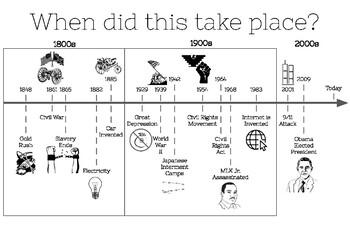

Soon, logging in with one’s Facebook account could become the mainstream way to identify oneself online. The company is beginning to integrate with everything, meaning we need a Facebook account to use services like Lyft or Amazon Wish Lists. Since Facebook is still the most popular platform where people use their real names, Facebook login is becoming one of the most popular forms of controlling and maintaining our online identities. Facebook Beacon in 2007, sponsored stories last year), users continue to voluntarily offer up their data to Facebook-after all, where else on the Web can you conveniently find all your friends in one place? And even though Facebook has found itself in hot water countless times over the last decade for putting profits before privacy (e.g. It’s true-there are very few online platforms that can boast hundreds of people you know personally all in the same place. Pinterest and Tumblr are advancing the visual web, and messaging services like Snapchat are overtaking the personal messaging landscape. But there’s still nowhere quite like Facebook for connecting with friends, where so often we find ourselves scrolling through updates from friends we wouldn’t otherwise be in touch with.Ī recent Pew Internet study found that many users approach Facebook to share with a lot of people at once. Most social networks are specialized in some way: Twitter is great for posting status updates Foursquare is perfecting check-ins Instagram, now Facebook-owned, is the most popular place for sharing and consuming photos. But Facebook is the original social network-the one website that brought together everything we wanted in an online space, and made “social network” as synonymous to Facebook as “search” is to Google. The term “social network” is thrown around a lot to describe any site that connects people on the Internet. See Also: Facebook’s Paper Splashes A New Coat Of Paint On The News Feed By starting off as an exclusive platform for Harvard students that slowly opened up to more colleges (and eventually high schoolers) over time, Facebook offered a relatively safe, easy-to-use online platform for users and their friends to keep in touch, share their thoughts and photographs with each other, and, yes, even use their government names. There wasn’t a website where users could create their own social profiles, connect with others, but most importantly, feel safe enough to use their own names-to literally be themselves.įacebook changed all that. Sure, you and your friends could exchange email addresses or AIM/MySpace usernames, but both of those early social platforms were littered with strangers and spambots with no good solution for either problem. From Social Network To Social Identityīefore Facebook arrived in 2004, the Internet wasn’t an easy place to connect with the people around you. What Facebook has built will be its legacy: The last big social network. Facebook is now such a part of the social fabric that it’s unlikely we’ll ever see another all-encompassing, dominant social service quite like Facebook. “It didn’t occur to me it could be us.”įacebook can lay claim to almost every personal aspect of its users’ lives-from helping high school friends stay connected to documenting every literal step of our babies’ lives, to even being our one-stop social login for other apps and websites. “It’s awesome that there’s this utility and community at our school, and one day someone will build this for the world,” Zuckerberg said at the Open Commute Summit last week while describing a conversation with his friend in the early days of Facebook. And, by doing so, Facebook changed the social nature of the online landscape in ways even founder and CEO Mark Zuckerberg couldn’t anticipate. From a Harvard dorm room project to a social network with more than a billion registered users, Facebook has evolved to help people connect with their friends around the world-despite its fair share of missteps and controversies.Īs we look back at how Facebook changed our lives-it has, whether or not we want to admit it-we must consider the massive scale to which it grew.

#Readwrite org timeline full#
Ten years and billions of wall posts and embarrassing selfies later, Tuesday marks a full decade of Facebook’s existence on the Web. See Also: Facebook Is Trying To Integrate With Everything


 0 kommentar(er)
0 kommentar(er)
